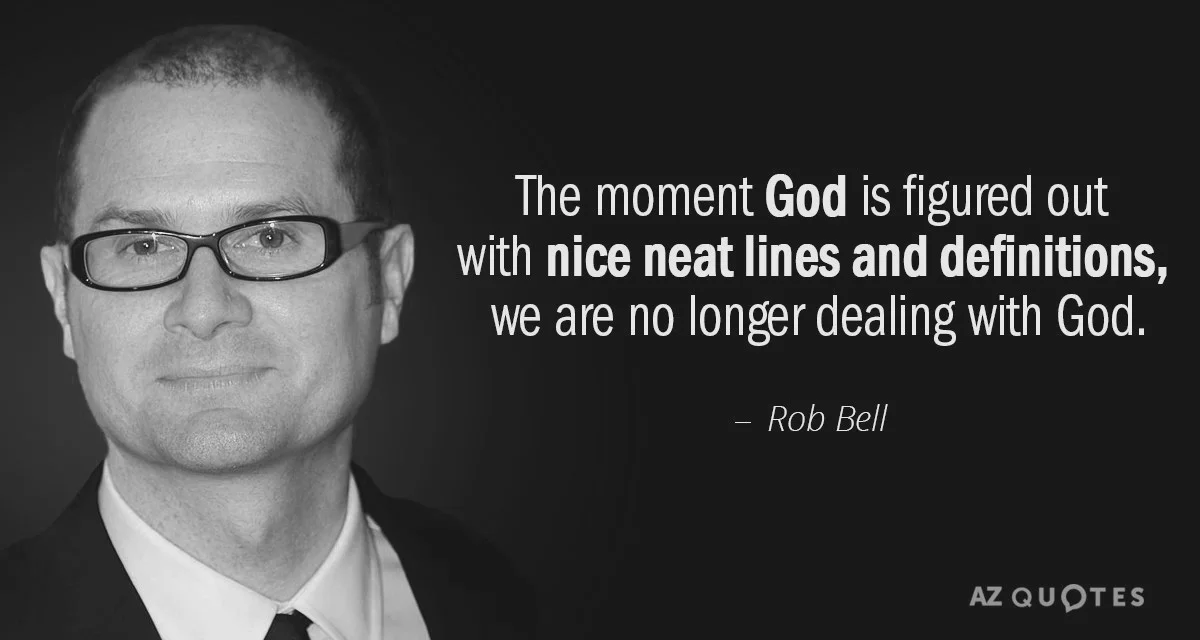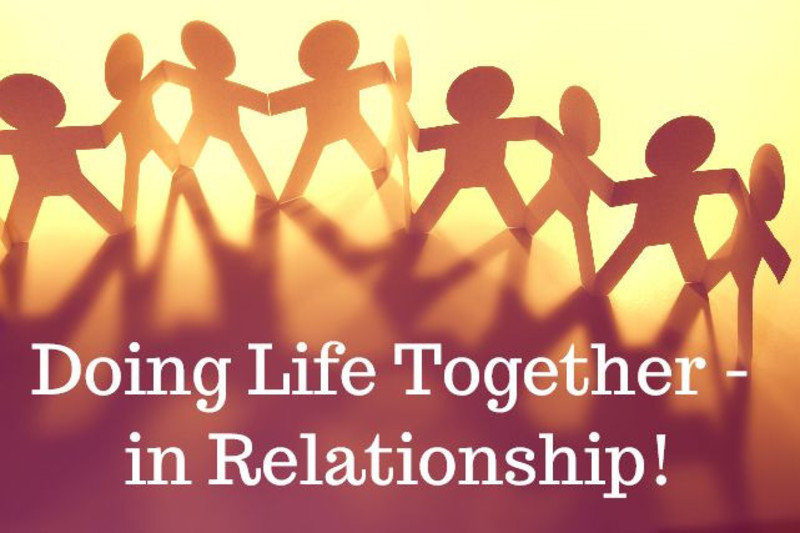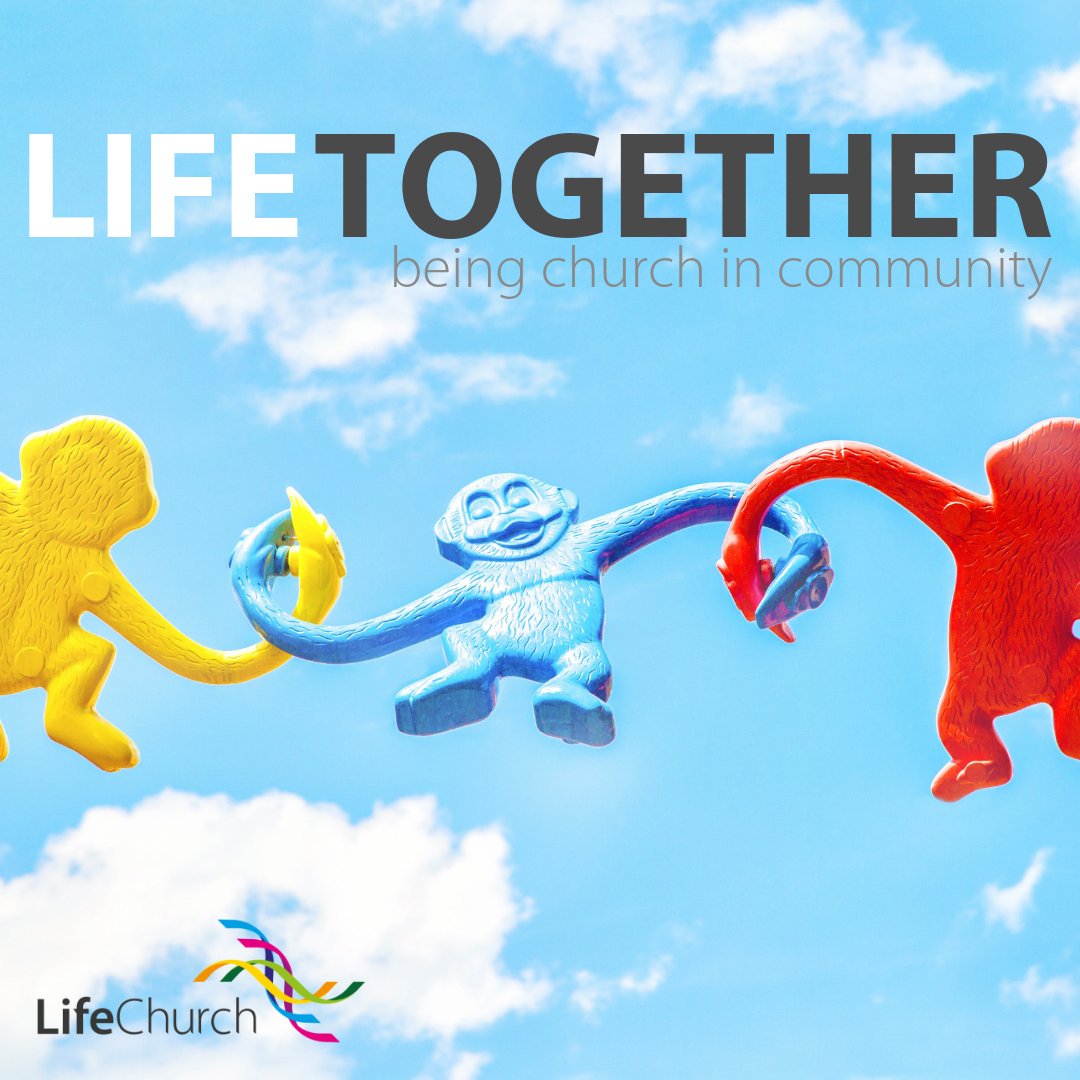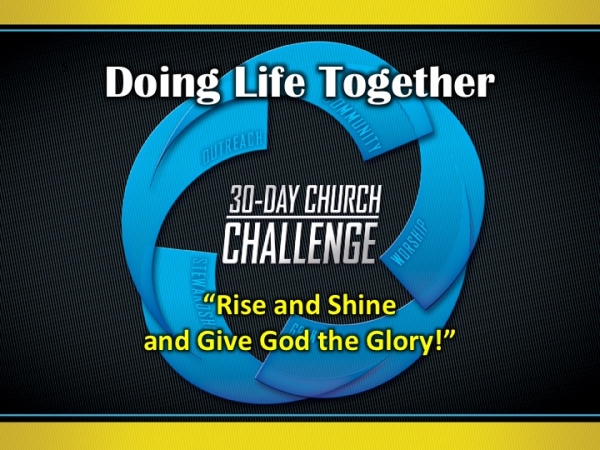The Postmodern Progressive Cornucopia of False Doctrine

“Postmodernism” is a fairly recent (from the past 30-50 years) philosophical movement, that comes after the period of “Modernism,” which took place roughly over the past 200-300 years. In order to understand Post (“comes after”) Modernism, we first need to understand Modernism. Modernism was a period marked by an optimistic hope in the ability of mankind to solve all of its problems through science, technology, unrestricted free trade and a social order that had been “released” from pre-modern/Medieval ideas about God, Church authority, government and human nature. Modernism is a movement that comes as a result of the “Age of Enlightenment.”
Here is a very informative video from professor Ryan Reeves about the enlightenment. Here’s another; and here’s one more that’s specifically about Voltaire and the Radical Enlightenment.
Here are some characteristics of the pre-modern/Medieval period:
Kings, Queens and Kingdoms who derive their authority from God and the Church.
Church as primary institution in society; Church authority unquestioned.
Supernatural explanations for pretty much everything.
Distinct classes in the social order with little upward mobility possible for the lower class.
Very slow change in technology, discovery and education.
Feudal economy is based on agriculture and has very little potential for lower-class economic advancement. People are stuck where they are, and they’re never getting out.
Now here are some things that came as a result of the Enlightenment/Modern way of thinking:
Large advancements in science, discovery and education, which includes a growing skepticism of the supernatural.
Reason (our ability to think) becomes more important than revelation (the Bible).
Political power comes through democratic elections and is spread out in the form of a parliament or congress; mankind asserts that it has certain “inalienable rights,” regardless of what any Monarch used to say.
Church power is reduced to the sphere of “personal religious beliefs” and has less political authority as it becomes more diverse, especially after the Protestant Reformation splintered into so many denominations.
Individuals have more freedom and, potentially, more opportunities for advancement-especially as the Industrial Age expands.
There is, generally, an optimistic outlook on the future, based on all of the advancements in society; this leads to less emphasis on mankind’s need to depend upon God. The Modern era is the “pull yourself up by your own bootstraps” era.
However, the Modern era became a great disappointment to a number of people as the 20th Century saw unprecedented bloodshed in many wars-most especially World Wars I and II. According to some people, even the most free countries on earth still had substantial struggles with poverty, inequality, corruption and injustice as the century came to a close. Although much progress had been made in the United States and other free countries, there were some philosophers, sociologists, theologians and others who believed the Modern era must be rejected and a new era should begin: the era of “Postmodernism.” The Wikipedia page is helpful to explain Postmodernism in more detail.
Postmodernism is a big topic with a large array of opinions, but here is a broad sweeping summary of its key ideas:
The Enlightenment did not go far enough when it largely rejected Christian/Biblical truth claims in favor of pure human reason.
Enlightenment ideas about rationality, spirituality, liberty, progress and tolerance can be rejected so that entirely new concepts can be discovered.
Modernism failed to deliver on its promise of a better world, so any modern concept can be rejected. Modernism’s faith in reason, science and technology was misplaced, and so a rejection of any Modern concept-even reason itself-is acceptable.
All universal truth statements must be rejected in favor of subjective beliefs. This eventually ends up producing the incoherent idea: “It is absolutely true that nothing is absolutely true.”
Skepticism, irreverence, irrationalism and deconstruction are to be valued over older concepts of rationality, logic, reason, and objective reality.
A big component of Postmodernism is “deconstruction,” which is where words (initially in literature) are shown to be “irreducibly complex” and incapable of representing objective reality. Postmodern philosophers, like Jacques Derrida, believed in deconstructing our loyalty to any idea in order to try and find truth that might exist in its opposite. The emphasis on contradiction, distortion and irony can be seen in an architectural movement called “deconstructivism” which attempted to do away with traditional and rational forms. The buildings designed in this style show the results of this philosophy:
Although this is a very quick overview of Postmodernism, it’s not hard to see how it starts to fall apart under thoughtful investigation. It’s important to understand that the best Postmodernists are very clever wordsmiths who can sound quite profound as they deconstruct commonly held ideas-and even the meaning of words themselves. The classroom of a tenured, Postmodern college professor is a place where tremendous damage is being done. Another component of Postmodernism is “Cultural Marxism,” but that topic can be set aside for the scope of this article.
In the late 20th century there was an attempt to incorporate some Postmodern ideas into the Christian Church. Because the rejection of Modernism held the possibility that people would be open to consider spiritual matters again, it made some sense for Christians to take this course of action. Doug Pagitt, Rob Bell, Brian McLaren and others were leaders of this “Emergent Church” movement. The Emergent Church has largely fizzled out as a cohesive movement and many of its key leaders have abandoned any attempt to maintain an orthodox and Biblical Christian faith. The speed at which this movement deteriorated was surprising, given that the leaders of the movement were given huge, well-funded platforms. Initially, the leaders of the Emergent church were working side by side with older, more established leaders like Rick Warren (Saddleback Church) and Bill Hybels (Willow Creek Church), but the quickly declining orthodoxy of Emergent leaders set them apart as untrustworthy by mainstream Evangelicals. Sadly, there are many in the “Millennial” generation who have abandoned their faith alongside the former leaders of the Emergent Church, whose videos and books were prominent in Evangelical youth groups just a decade ago.
The following shocking and well-researched video is a must-see documentary for all Christians:
Here are some quotes from Emergent leaders:
“I’m sure I am wrong about many things, although I’m not sure exactly which things I’m wrong about. I’m even sure I’m wrong about what I think I’m right about in at least some cases.”
“What if the Christian faith is supposed to exist in a variety of forms rather than just one imperial one? What if it is both more stable and more agile—more responsive to the Holy Spirit—when it exists in these many forms? And what if, instead of arguing about which form is correct and legitimate, we were to honor, appreciate, and validate one another and see ourselves as servants of one grander mission, apostles of one greater message, seekers on one ultimate quest?”
“The early evangelists recognized they could help the Jesus story make sense if Jesus was seen as someone who was chosen to appease the wrath of God - hence, the ‘anointed one’ who could do what no one else could do. This can come as a shock to those Christians who are so used to hearing that Jesus is the solution to sin that they assume that the remedy started with the death of Jesus.”
“Take faith, for example. For many people in our world, the opposite of faith is doubt. The goal, then, within this understanding, is to eliminate doubt. But faith and doubt aren’t opposites. Doubt is often a sign that your faith has a pulse, that it’s alive and well and exploring and searching. Faith and doubt aren’t opposites, they are, it turns out, excellent dance partners.”
“I like to say that I practice militant mysticism. I’m really absolutely sure of some things that I don’t quite know.”
Although the Emergent Church has lost much of its power as a unified movement, many of its ideas are still a serious problem within the Church. It is important to understand that Liberal theological concepts had already been inside the Church for many decades before the Postmodern/Emergent problem showed up.
The book, “Christianity & Liberalism,” sounds like it is addressing the same issues that we are facing today, even though it was written back in 1923. Here’s the author, J. Gresham Machen from page 78:
“It is not true at all, then, that modern liberalism is based upon the authority of Jesus. It is obligated to reject a vast deal that is absolutely essential in Jesus’ example and teaching-notably His consciousness of being the heavenly Messiah. The real authority, for liberalism, can only be “the Christian consciousness” or “Christian experience.” But how shall the findings of the Christian consciousness be established? Surely not by a majority vote of the organized Church. Such a method would obviously do away with all liberty of consciousness. The only authority, then, can be individual experience; truth can only be that which ‘helps’ the individual man. Such an authority is obviously no authority at all; for individual experience is endlessly diverse, and when once truth is regarded only as that which works at any particular time, it ceases to be truth.
The Christian man, on the other hand, finds in the Bible the very Word of God. Let it not be said that dependence upon a book is a dead or artificial thing. The Reformation of the sixteenth century was founded upon the authority of the Bible, yet it set the world aflame. Dependence upon a word of man would be slavish, but dependence upon God’s word is life. Dark and gloomy would be the world, if we were left to our own devices, and had no blessed Word of God. The Bible, to the Christian is not a burdensome law, but the very Magna Carta of Christian liberty.
It is no wonder, then, that liberalism is totally different from Christianity, for the foundation is different. Christianity is founded upon the Bible. It bases upon the Bible both its thinking and its life. Liberalism on the other hand is founded upon the shifting emotions of sinful men.”
Here is a very helpful video from Professor Ryan Reeves on the development of Liberalism within the Church, starting in the 1800s
Some of the most prominent liberal theologians/pastors include:
Friedrich Daniel Ernst Schleiermacher (1768–1834)
Henry Ward Beecher (1813–1887)
Walter Rauschenbusch (1861-1918) His grandson is Richard Rorty, an important philosopher within Postmodernism.
Harry Emerson Fosdick (1878-1969)
Rudolf Karl Bultmann (1884-1976)
Paul Tillich (1886–1965)
John Shelby Spong (1931–1921)
Note how the following quotes from much older liberal theologians sound very similar to the quotes from recent Emergent leaders:
“The essence of religion consists in the feeling of an absolute dependence.”
“I would rather live in a world where my life is surrounded by mystery than live in a world so small that my mind could comprehend it.”
“Doubt is not the opposite of faith; it is one element of faith. In those who rest on their unshakable faith, pharisaism and fanaticism are the unmistakable symptoms of doubt which has been repressed. Doubt is not overcome by repression but by courage. Courage does not deny that there is doubt, but it takes the doubt into itself as an expression of its own finitude and affirms the content of an ultimate concern. Courage does not need the safety of an unquestionable conviction. It includes the risk without which no creative life is possible.” ”
“Christianity is, I believe, about expanded life, heightened consciousness and achieving a new humanity. It is not about closed minds, supernatural interventions, a fallen creation, guilt, original sin or divine rescue.”
“Whatever it was that people experience in Jesus has today come to be identified with medieval doctrines based on premodern assumptions that are no longer believable. That identification means that serious theological discussion seems to accomplish little more than to erect a division between the shouters and the disinterested. Jesus becomes the captive of the hysterically religious, the chronically fearful, the insecure and even the neurotic among us, or he becomes little more than a fading memory, the symbol of an age that is no more and a nostalgic reminder of our believing past. To me neither option is worth pursuing. Yet even understanding these things, I am still attracted to this Jesus and I will pursue him both relentlessly and passionately. I will not surrender the truth I believe I find in him either to those who seek to defend the indefensible or to those who want to be freed finally from premodern ideas that no longer make any sense.”
Liberal or Progressive theology is another gigantic category, but many of its concepts have merged with Emergent or Postmodern ideas. Here is a list of ideas that (loosely) fall under the category of “Postmodern,” “Progressive,” or “Liberal” teaching in the Church:
The Bible is only true in as far as it agrees with current Progressive, Liberal or Postmodern ideology. Our view of what the Bible teaches must change along with social norms. It is not inerrant, it is a "living breathing document." This is sometimes expressed as “the Bible is not the Word of God, but it contains the Word of God,” which basically means that individuals or groups get to determine which part of the Bible express God’s thoughts to mankind.
Doubt is more useful than certainty. Defining terms is seen as narrow-minded, but being skeptical, vague or unsure is a sign of true spirituality.
Christianity is morphing into an unknown new version of itself.
The death and resurrection of Jesus Christ is less important than the moral teachings of Jesus Christ.
The atonement for sins that Jesus purchased on the cross is either downplayed or denied altogether.
The wrath of God is either downplayed or rejected completely, and the justice of God is only accomplished by the good works that Christians must do.
Here’s an excellent video from Pastor Mike Winger about Progressive Pastor Brian Zahnd and his anti-penal substitutionary atonement teachings:
Human beings are not born in sin, they are morally neutral and should be directed towards moral improvement. The need for repentance is either downplayed, reinterpreted or rejected altogether.
The illusion of having a “conversation” is vital when challenging orthodox truth claims. When a person wants to sound fair and balanced during a monologue/sermon they simply say: “I’m just having a conversation here…” as they go on speaking without input from any opposing viewpoint. Another version: “I’m just asking questions here…”
Jesus was a social justice activist who mostly cared about freeing people from earthly oppressors and corrupt leadership. He may be seen as a spiritual or mystical figure who is to be experienced subjectively, primarily through emotions/feelings. Whether or not Jesus was a real historical person is not as important as how we feel about Him.
Since the Bible is no longer the inerrant Word of God, the Jesus we “feel in our hearts” replaces the Jesus of history and Holy Scripture.
The moral teachings of Jesus will always align with current Progressive/Liberal ideology, regardless of what the Bible actually says.
Jesus wanted to end religious institutions and initiate a revolutionary new kingdom on earth; He had little or nothing to say about Heaven, Hell, or the afterlife in general.
This new kingdom is marked by earthly justice and is mostly concerned with improving conditions for people on earth-not on ensuring salvation after death.
The meaning of the Gospel is not that Jesus came to save sinners from the punishment they deserve for their sins; the new Gospel is about Christians making the world a better place.
“Community” is often thought to be the cornerstone of Christianity. For instance, an Emergent-style church will often promote how it’s “doing life together” rather than mention that Jesus Christ is the Savior of the world. This slogan has become a marketing catchphrase over the past decade or so for many types of churches now…
Improving conditions on earth often ends up involving governmental control and higher taxes upon "the rich" in order to compensate "the poor." Defining exactly who is rich and who is poor is pretty much impossible, so these ideas usually result in one group grasping for power to overcome the other group.
Instead of seeing all people as being equally guilty of sinning against God (“none is righteous, no not one…” Romans 3:9), there are now two groups: those oppressed and those who are oppressors.
Although much is said about helping the oppressed, babies still in their mother's wombs are killed (sometimes using taxpayer money) because…
The sexual desires of the individual are to be protected and celebrated without qualification or restriction.
Although justice is an often used word and concept, certain groups and individuals are dehumanized and thus do not deserve justice; e.i.: unborn babies, Bible-believing "conservative" Christians, wealthy and/or white Europeans, etc.
Those who have been labeled “bigots” or “homophobes” or “racists” by progressive/liberals are often dehumanized, and in the worst cases have no remaining human rights to protect them.
Instead of Biblical Christianity teaching that “all have sinned and fall short of the glory of God,” the new Progressive Christianity generally teaches that some people are better than others because they are “open-minded” and they “celebrate diversity.” These categories can only be determined and approved by Liberal/Progressive leaders.
In the most committed Postmodern mindset, a discussion of ideas or debate of ideologies is not permissible, because all opposing views are inherently wrong. To have any respectful discussion is letting the "bad guys" have a chance to spread their “hateful dogma.”
The elimination of opposing ideas is considered necessary by the most ardent Postmodern Christian, but the truly liberal (“generous”) Christian will seriously consider viewpoints other than their own.
One of the results of Postmodern/Emergent teaching in the church is a gradual diminishment of the church itself. If the whole purpose of the Christian faith is to “make the world a better place” and “create a sense of community” then there are plenty of options to do that outside of the church. And if one adopts a set of moral guidelines from the non-Christian world (stop global warming, celebrate diversity, promote social justice, etc.) it will be much easier to do that without bringing along the “baggage” of Biblical Christianity. Countless young converts to Atheism can point to Emergent ideas as the starting point that led them away from the Christian faith they grew up in.
Here are some articles from a number of different sources that will help you understand the Postmodern/Progressive/Liberal ideas that have infiltrated many churches today.
Please do your own homework and educate yourself!
Article about the ancient heresy of Marcionism, which is similar to progressive Christianity: The Second Great Christian Heresy
Series of Articles from Michael J. Kruger: The 10 Commandments of Progressive Christianity
From the New Christian Intellectual: How Marxist Thinking Is Seeping into the Church
From D. A. Carson: The Postmodernism That Refuses to Die
Series of Articles from Apologetics Index (David Kowalski): Postmodernism and the Emerging Church Movement
From Grace to You (John MacArthur): Can Truth Survive in a Postmodern Society?
From 9Marks (Justin Taylor): An Emerging Church Primer
From "Millennial" writer, G. Shane Morris: Millennials’ Reasons for Leaving the Church Don’t Hold Up
From Norman Geisler: The Emergent Church-Theological Postmodernism
From David Breitenbeck: Why Our Day Is Far More Religious Than The Middle Ages Was
From Louis Markos: This Book Ably Dissects The Contradictions At The Heart Of Postmodernism
From Gene Edward Veith: Confounding the Postmodern Mind
From Natasha Crain: Progressive Christianity is as Much of a Threat to Your Kids’ Faith as Atheism
From Bruce Ashford: The Nine deadly Sins of Progressivism
From Marcia Montenegro: Rob Bell is No Victim
Here's a great episode of Fighting for the Faith to help you understand Postmodernism better: A Beginner's Guide to Post-Modernity
Check out this article (with a TON of links) from the Berean Examiner: Postmodern Christianity's End Game?
Here is a GREAT playlist of radio programs from Critical Issues Commentary: Emergent Delusion Radio Broadcasts
Here is a GREAT playlist of YouTube videos covering this topic: Confronting Postmodernism
Stop being so gullible!
Be sure to check out all of the other Cornucopias on The Messed Up Church.
Steven Kozar started The Messed Up Church; he is an artist (StevenKozar.com is his art website), musician, blogger, and stuff. He makes videos, too, on The Messed Up Church YouTube channel.

























